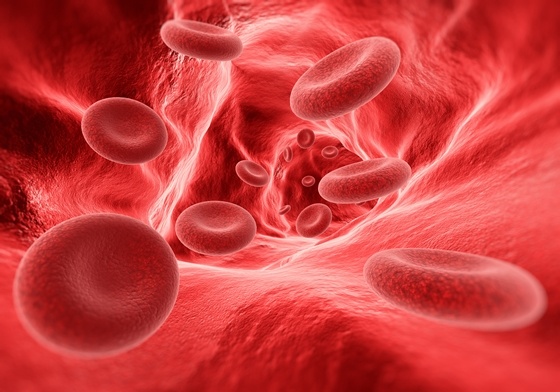
Scientists from the North Carolina State University have made a new discovery about how stem cells exit the bloodstream. They called the new process “angiopellosis”. The finding improves the scientific understanding of how stem cells operate within the body, which will improve the effectiveness of stem cell therapies in the future.
Whenever an infection occurs in the human body, white blood cells travel through the blood stream to attack it. They will squeeze between the walls of blood vessels to leave the bloodstream to reach to infection — a process called diapedesis.
Researchers believed that stem cells may leave the bloodstream in a similar way, but they never understood precisely how the process worked. They have discovered that stem cells behave in a very different way to white blood cells.
The research team was led by Ke Cheng, associate professor of molecular biomedical sciences at NC State. They used genetically modified zebrafish with fluorescently-marked blood vessels to study the process.
The fish were injected with white blood cells and cardiac stem cells from a variety of different sources. The blood cells and stem cells were marked with a red fluorescent protein so they could be tracked through the fish’s body.
The team used a process called time-lapse three-dimensional light sheet microscopic imaging to track the progression of the cells. Instead of pushing their way through the walls of the blood vessel like white blood vessels do, the stem cells were actively expelled by the endothelial cells lining the blood vessels.
Membranes surrounding the cells the blood vessel stretched themselves around the stem cells then pushed the stem cells from the blood vessels. While white blood cells are forced to change shape to leave the blood vessels, stem cells do not change.
They also discovered it takes hours for stem cells to leave the blood vessels — much longer than the process diapedesis. Stem cells can also group together before they leave the bloodstream, with clumps of stem cells leaving the blood vessels together.
The findings may help researchers improve how stem cells reach the site of injury or disease in the future.
Source: New way out: Researchers show how stem cells exit bloodstream
{{cta(‘010124f3-c9bc-4a23-b9fc-74953e6288c9’)}}


